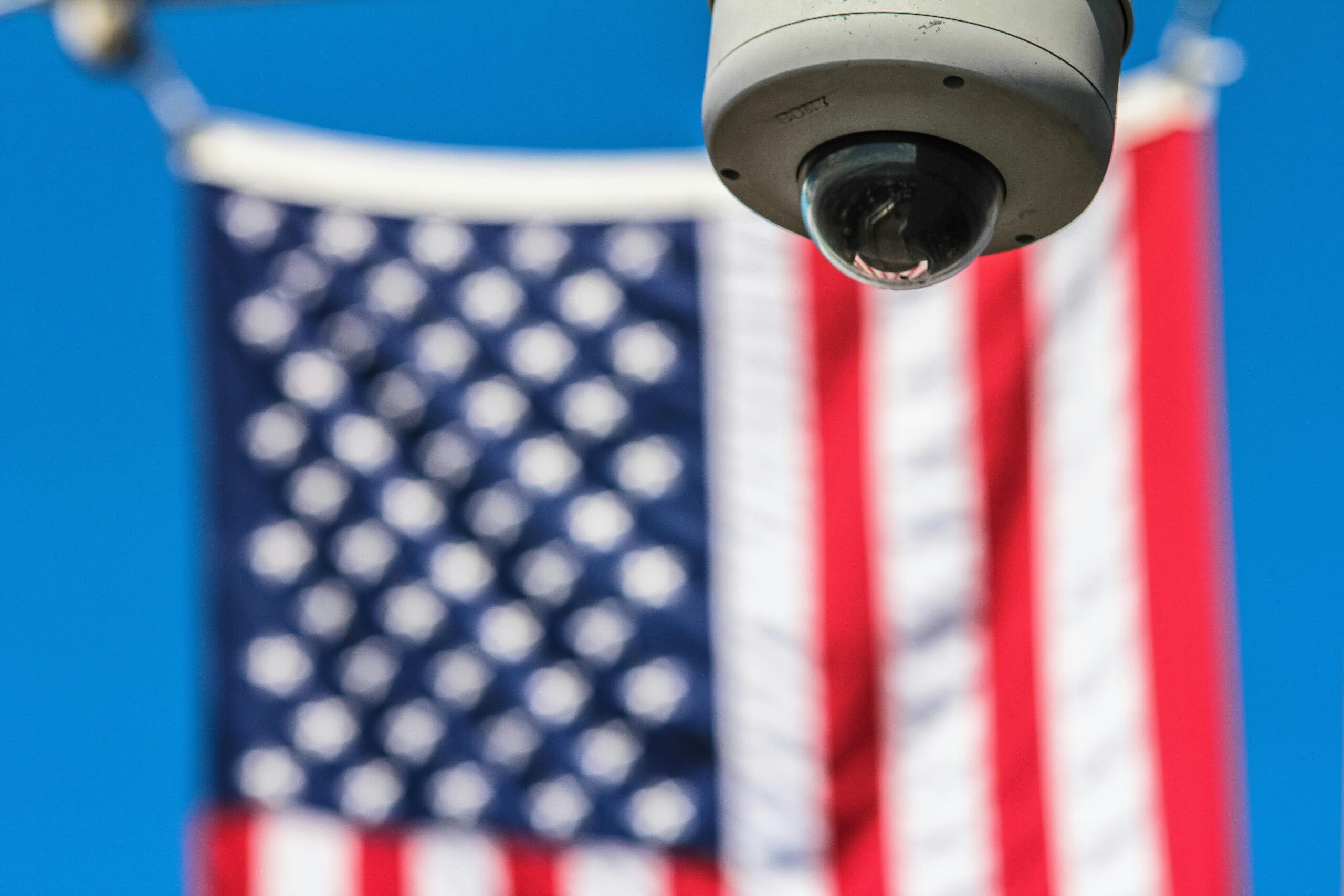Ever wondered how CCTV cameras actually differ? You’re not alone. Today, security is more important than ever at home, in businesses, and in public places. A CCTV camera system is one of the best ways to monitor and protect property, loved ones, and employees.
This article will guide you through the different types of CCTV cameras, explain how they work, highlight their unique features, and help you choose the right one for your needs. We’ll also include visuals, practical tips, and answers to your most common questions.
What Is a CCTV Camera and How Does It Work?
CCTV, or Closed-Circuit Television, is a system that allows video surveillance in a private network. Unlike public broadcasts, the signal is not openly transmitted. CCTV cameras are widely used for security, crime prevention, and monitoring.
How a CCTV System Operates
When you put cameras in key places, a CCTV (Closed-Circuit Television) system will record video and send it to a central recording device or monitor. The cameras can be analog or digital (IP cameras), and they usually have features like the ability to see in the dark, sense motion, and zoom. The video feed is either kept locally on a DVR or NVR (Digital/Network Video Recorder) or in the cloud so that it can be accessed from anywhere. Users can watch live video, play back records, and get alerts if anything suspicious is seen. Home, business, and public places can have security, surveillance, and peace of mind provided by CCTV systems that work constantly or when they detect motion.
Benefits of CCTV Cameras:
- Deter crime
- Monitor activities in real-time
- Gather evidence
- Improve workplace safety
- Enhance home security
Main Categories of CCTV Cameras
1. Analog CCTV Cameras
- How they work: Analog cameras send video to a DVR through coaxial cables.
- Pros: Cost-effective, easy to install.
- Cons: Lower image quality, limited features.
- Best for: Small-scale or budget setups.
2. Digital/IP CCTV Cameras
- How they work: IP (Internet Protocol) cameras transmit data over a network.
- Pros: High resolution, remote viewing, cloud storage.
- Cons: Higher cost, needs internet.
- Best for: Smart homes, large businesses, and remote monitoring.
Different Types of CCTV Cameras and Their Uses
1. Dome Cameras
- Designed for ceiling mounting
- Vandal-resistant and discreet
- Ideal for: Retail shops, banks, indoor surveillance
2. Bullet Cameras
- Long and cylindrical shape
- Weatherproof and has a long-range focus
- Ideal for: Outdoor walls, parking areas, building exteriors
3. PTZ Cameras (Pan-Tilt-Zoom)
- Can rotate, tilt, and zoom remotely
- Manual or automated tracking
- Ideal for: Warehouses, large venues, shopping malls
4. C-Mount Cameras
- Interchangeable lenses
- Customizable viewing range
- Ideal for: Industrial sites, roads, and variable-distance monitoring
5. Day/Night Cameras
- Can function in well-lit and low-light environments
- No need for IR lighting
- Ideal for: 24/7 outdoor monitoring
6. Infrared/Night Vision Cameras
- Uses infrared LEDs to capture footage in total darkness
- Ideal for: Warehouses, perimeter monitoring, night security
7. Network/IP Cameras
- Connects to the internet for real-time remote access
- Supports cloud storage
- Ideal for: Smart homes, modern offices, remote monitoring
8. Wireless CCTV Cameras
- Minimal wiring
- Easy to install and relocate
- Ideal for: Rental properties, temporary setups
9. HD CCTV Cameras
- High-definition video (720p to 4K)
- Ideal for: Facial recognition, vehicle identification
10. Thermal Imaging Cameras
- Detects heat signatures instead of visible light
- Ideal for: Military, airports, and industrial zones
11. Fisheye Cameras
- 360-degree wide-angle view
- Reduces the need for multiple cameras
- Ideal for: Warehouses, retail stores, conference rooms
How to Choose the Right CCTV Camera for Your Needs
Things to consider:
| Criteria | Explanation |
|---|---|
| Location | Indoor vs. Outdoor – weatherproofing required outside |
| Image Quality | Look for HD or 4K resolution for clearer images |
| Storage Type | DVR (for analog) vs. NVR/cloud (for IP cameras) |
| Motion Detection | Essential for smart notifications |
| Power Source | Wired, battery-operated, or solar-powered |
CCTV Camera Features to Consider in 2025
Technology in security is evolving fast. Here are must-have features:
- AI Integration: Facial recognition, line-crossing alerts, people counting.
- Smart Alerts: Real-time notifications to your phone.
- App Control: View, manage, and playback via mobile apps.
- 4K Resolution: Ultra-clear footage, zoom without blur.
- Two-Way Audio: Speak directly through your CCTV system.
Installation Tips for CCTV Cameras
Best Practices:
- Install at entry points (doors, gates, driveways)
- Keep cameras 8–10 feet above the ground
- Avoid backlighting or direct sunlight
- Angle cameras to cover high-risk zones
Legal Tips:
- Inform employees or tenants when surveillance is used
- Avoid aiming cameras at neighbor’s private property
DIY vs. Professional Install:
- DIY: Easy for plug-and-play or wireless models
- Professional: Better for multi-camera wired setups
The Future of CCTV Camera Technology
2025 and beyond brings smarter, more secure systems:
- Cloud AI Analytics: Real-time behavior analysis
- 5G Streaming: Ultra-fast and lag-free surveillance
- Solar-Powered Units: Sustainable and remote usage
- Encrypted Storage: Prevent hacking and tampering
CCTV security camera types by connectivity
When choosing a CCTV camera, one of the most important considerations is how the camera connects to the recorder or network. Here are the main types of CCTV cameras based on connectivity:
1. Wired CCTV Cameras
- Description: These cameras connect to the recorder (DVR/NVR) using coaxial or Ethernet cables.
- Key Features:
- Stable and interference-free connection
- Requires physical installation and cabling
- Less vulnerable to signal loss
- Best For: Permanent installations, large buildings, businesses
- Example: Analog DVR cameras, PoE IP cameras
2. Wireless CCTV Cameras (Wi-Fi)
- Description: These cameras transmit data over Wi-Fi to a recorder, router, or cloud.
- Key Features:
- Easy to install and relocate
- Requires a strong and stable Wi-Fi signal
- Often powered by an outlet or battery
- Best For: Homes, apartments, rental properties
- Example: Indoor Wi-Fi cameras, wireless doorbell cameras
3. Cellular CCTV Cameras (SIM-Based)
- Description: These cameras use 4G or 5G SIM cards to stream video over mobile networks.
- Key Features:
- No need for wired internet or Wi-Fi
- Works in remote or off-grid areas
- Often powered by solar or battery
- Best For: Construction sites, farms, rural areas
- Example: Solar-powered outdoor LTE cameras
4. Power over Ethernet (PoE) Cameras
- Description: These IP cameras use a single Ethernet cable for both power and data.
- Key Features:
- Cleaner setup with fewer wires
- More reliable than Wi-Fi
- Needs a PoE-enabled switch or NVR
- Best For: Professional office setups, large homes
- Example: 4K PoE IP cameras
5. Hybrid CCTV Cameras
- Description: Some systems support both analog and IP cameras, known as hybrid systems.
- Key Features:
- Allows gradual upgrade from analog to IP
- Requires compatible hybrid DVRs/NVRs
- Best For: Businesses transitioning from old systems
- Example: DVRs with both coaxial and Ethernet ports
Suggested Visual:
Comparison Table: CCTV Camera Connectivity Types
| Connectivity Type | Data Transmission | Power Source | Best For | Pros | Cons |
|---|---|---|---|---|---|
| Wired | Cable (Coax/Ethernet) | Outlet | Businesses, Homes | Stable, secure | Complex install |
| Wireless (Wi-Fi) | Wi-Fi | Battery/Outlet | Homes, Rentals | Easy setup | Signal issues |
| Cellular (SIM) | 4G/5G Network | Battery/Solar | Remote areas | Internet-free | Data costs |
| PoE | Ethernet (Power + Data) | Ethernet | Offices, Large Homes | Clean wiring | Needs PoE gear |
| Hybrid | Both analog & digital | Varies | System upgrades | Flexible | Can be costly |
Final Thoughts
There’s no one-size-fits-all when it comes to CCTV cameras. It depends on where you’ll use them, what features you need, and your budget. From simple analog setups to AI-powered, cloud-connected systems, there’s a solution for everyone.
Remember: your security setup should grow with your needs. A little planning today can prevent a lot of trouble tomorrow.
Frequently Asked Questions (FAQs)
Which type of CCTV camera is best?
The best CCTV cameras depend on your needs, but high‑resolution IP or 4K cameras are generally top choices because they capture clearer, more detailed video and often include advanced features like night vision and smart detection.
Which is better 3K or 4K CCTV?
4K CCTV offers more detail than 3K, making it better for identifying faces, license plates, and distant objects. However, 4K systems use more storage and bandwidth.
What is the latest CCTV technology in 2025?
The latest CCTV trends include AI‑enhanced smart surveillance, improved color night vision, higher resolution (4K and above), and advanced analytics for motion and behavior detection.
What are the four types of CCTV cameras?
Common CCTV camera types include dome cameras, bullet cameras, PTZ (pan‑tilt‑zoom) cameras, and IP/Network cameras—each suited to different locations and needs.
What’s the difference between IP and analog CCTV cameras?
IP cameras are digital and support online access; analog uses cables and DVRs.
Can CCTV cameras record at night?
Yes, especially those with infrared or low-light technology.
How long can CCTV footage be stored?
Depends on storage type and capacity—usually 7 to 90 days.
Are wireless CCTV cameras reliable?
Yes, but reliability depends on Wi-Fi strength and signal range.
Do I need the internet for CCTV cameras to work?
Only for IP cameras or cloud storage; analog systems work offline.
Disclaimer
The performance and availability of CCTV cameras may vary depending on region, manufacturer, and installation. Prices, features, and technology are subject to change. This article may include affiliate links that earn us a small commission at no extra cost to you.



